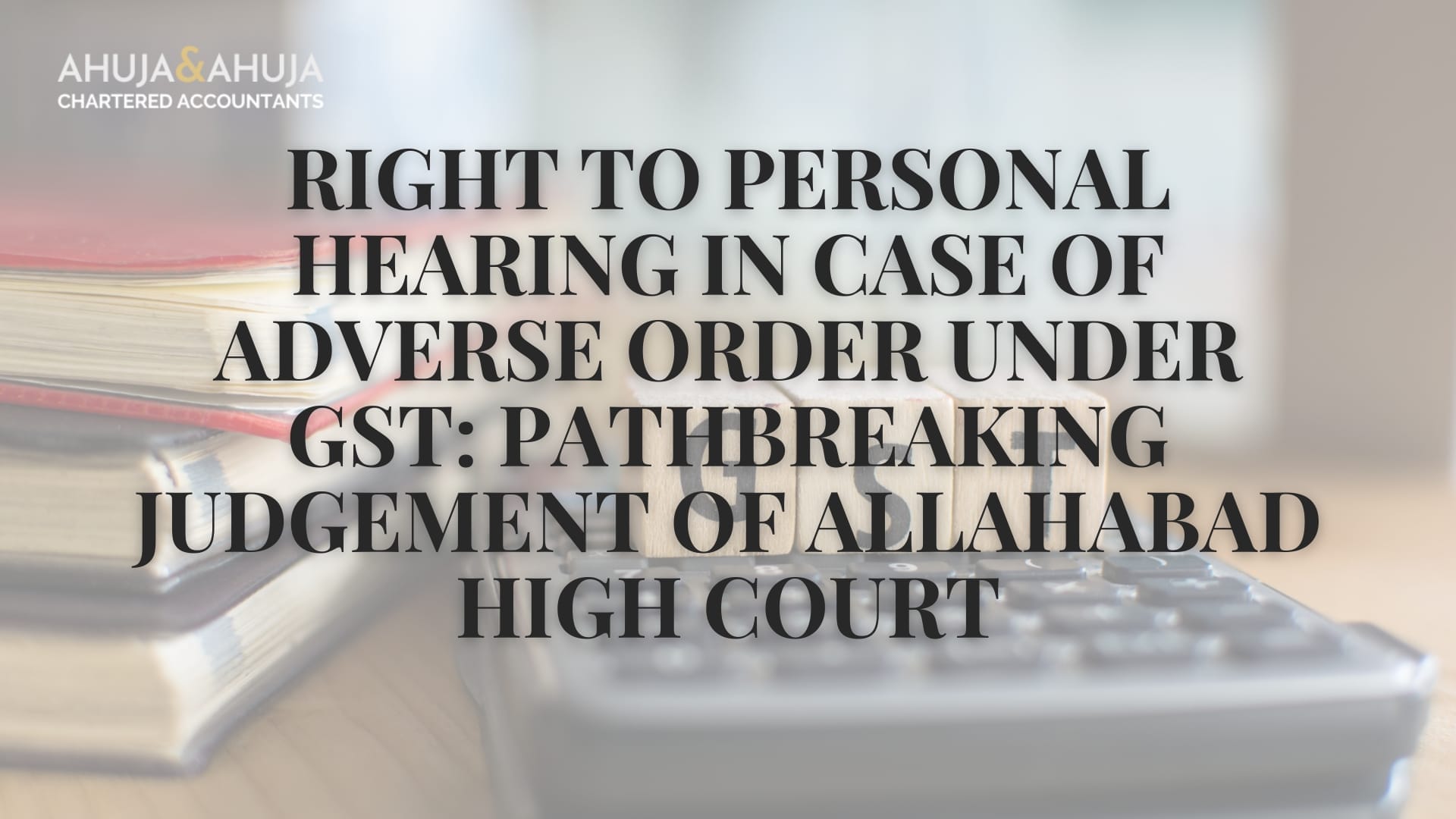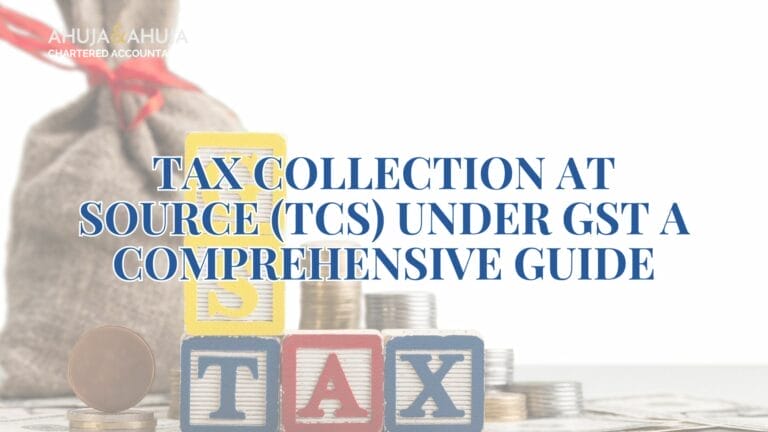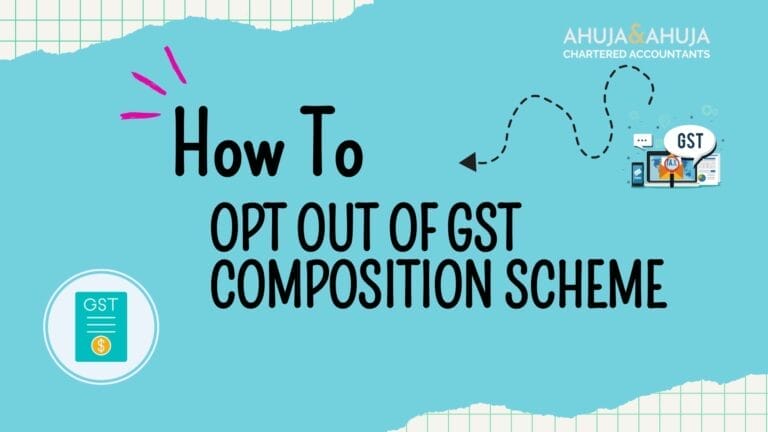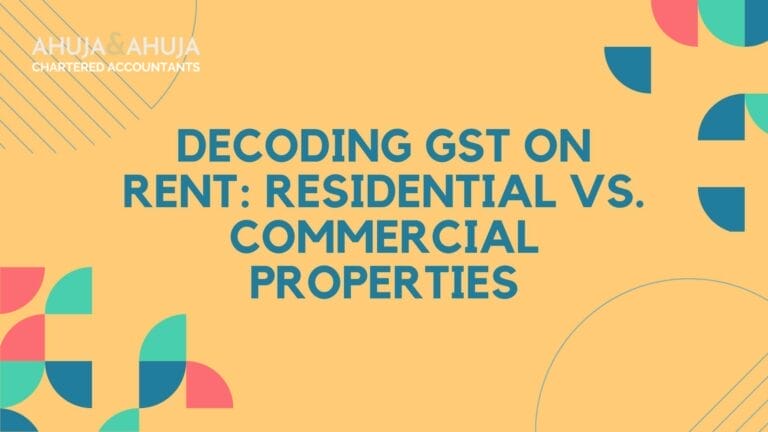Right to Personal Hearing In Case of Adverse Order under GST: Pathbreaking Judgement of Allahabad High Court
Demystifying the B.L. Pahariya Medical Store v. State of U.P. Judgement – Affirming the Principle of Natural Justice
The realm of taxation often finds itself tangled in the intricacies of legal discourse. The recent case of B.L. Pahariya Medical Store v. State of U.P., adjudicated by the Hon’ble Allahabad High Court, is shedding new light on one such legal nuance: the pivotal role of personal hearing opportunity before passing adverse orders. This case, chronicled under the Writ Tax No. 981 of 2023, dated August 22, 2023, is stirring up a significant debate, prompting us to reconsider the way we perceive and interpret the principles of taxation, particularly in the context of Goods and Services Tax (GST).
The Background
Historically, the right to a fair hearing has been seen as a cornerstone of justice. It’s an intrinsic part of our legal fabric, deeply embedded within the principles of natural justice. This case, in essence, serves as a reaffirmation of this esteemed principle, underscoring moments where such practices are seemingly put on the back burner. Through this case, we delve into how pivotal issues, such as the issuance of adverse orders without a personal hearing, can influence the judicial landscape, especially in the intricate canvas of GST.
To understand the nuanced elements of GST and its ramifications on your business, our platform offers a comprehensive overview and services around GST including GST Consultancy Services and GST Litigation Services.
The next part of this article will delve deep into the case specifics, looking at the key parties involved, the underlying issue, its connections with the larger legal framework, and the litigation’s domino effect in setting new legal precedents.
The Case and Its Details
The case of B.L. Pahariya Medical Store v. State of U.P. revolves around an essential issue that has far-reaching implications for businesses and taxpayers. The crux of the matter lies in the opportunity for a personal hearing before passing an adverse order, as it relates to the demand and penalty imposed on the petitioner.
In this case, the Petitioner, B.L. Pahariya Medical Store, received a Show Cause Notice (SCN) on July 12, 2022, from the Revenue Department seeking their reply within 15 days. The Petitioner duly submitted their response to the SCN on December 30, 2022, providing their perspective on the matter at hand.
However, on March 21, 2023, the Adjudicating Authority issued an order known as the “Impugned Order,” confirming a demand and penalty of INR 26 crores against the Petitioner. It is within this context that the significance of the personal hearing opportunity becomes apparent.
To strengthen their case, the Petitioner relied upon the Judgement of Bharat Mint & Allied Chemicals v. Commissioner Commercial Tax & 2 Ors. and Section 75(4) of the Central Goods and Services Tax Act (CGST Act). They contended that the Adjudicating Authority was obligated to provide them with the opportunity for a personal hearing before passing an adverse assessment order.
In light of this case, it is worth mentioning another relevant judgement by the Hon’ble Gujarat High Court in the case of M/s Hitech Sweet Water Technologies Pvt. Ltd. v. State of Gujarat. The Gujarat High Court held that failure to provide an opportunity for a personal hearing goes against the well-established principles of natural justice.
The key issue under consideration in this case is whether the Adjudicating Authority can pass an order without offering the opportunity for a personal hearing. The judgement by the Hon’ble Allahabad High Court provides essential insights into this matter.
Personal Hearing – A Legal Right, Not a Privilege
One of the fundamental principles of natural justice is the right to a fair hearing. This principle ensures that individuals have the opportunity to present their case and respond to allegations made against them before any adverse decision is taken. In the context of taxation matters, including GST, this principle becomes even more crucial.
The judgement in the case of B.L. Pahariya Medical Store v. State of U.P. reaffirms the significance of the personal hearing opportunity for taxpayers. It highlights that the Adjudicating Authority is not only obligated but bound to provide the opportunity for a personal hearing before passing an adverse assessment order.
Referencing the Judgement of Bharat Mint & Allied Chemicals v. Commissioner Commercial Tax & 2 Ors., the Hon’ble Allahabad High Court establishes the legal precedent that an individual or assessee is not required to explicitly request an opportunity for a personal hearing. Instead, it is the responsibility of the Adjudicating Authority to afford this opportunity, following the principles of natural justice.
The implications of this judgement are significant. It ensures that taxpayers are given a fair chance to present their arguments and defenses, thereby strengthening the principles of justice and fairness in the taxation system. Furthermore, it encourages the Adjudicating Authority to provide reasoned and well-considered judgments based on a comprehensive understanding of the case.
Having a reliable GST consultant can prove invaluable in navigating the complexities of tax matters. Whether you require assistance with GST consultancy services, GST litigation services, or GST return filing services, our team at Ahuja & Ahuja is here to guide you.
Conclusion
The case of B.L. Pahariya Medical Store v. State of U.P. serves as a watershed moment, accentuating the necessity of adhering to the principles of natural justice in the judicial realm. By ensuring the right to a personal hearing is upheld, not only the principles of justice are served, but it also paves the way for more comprehensive, well-reasoned judgments that reflect the true spirit of the law.
As we unravel the inherent complexities of this landmark judgment and explore its far-reaching implications on the principles of natural justice and tax litigation, it becomes evident that fairness and equity must be the guiding principles in the realm of taxation.
We hope this article provides a comprehensive understanding of the B.L. Pahariya Medical Store v. State of U.P. judgment and its ramifications in the domain of taxation. For further insights, stay tuned to our GST Blog.
Disclaimer
The materials provided herein are solely for educational and informational purposes. No attorney/professional-client relationship is created when you access or use the site or the materials. The information presented on this site does not constitute legal or professional advice and should not be relied upon for such purposes or used as a substitute for professional or legal advice.







